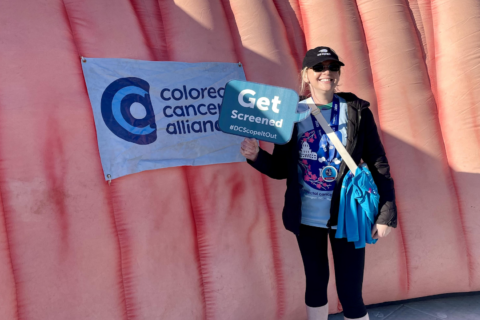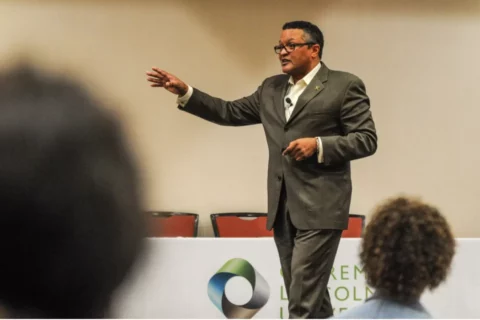The company behind a pig-to-human heart transplant in 2022 is building a new research and development hub in Southwest Virginia to raise pigs for their hearts and kidneys, for transplantation into people.
In March 2022, the first person to receive a heart transplant from a pig died, two months after the groundbreaking surgery at the University of Maryland Medical Center. David Bennett was 57 when he died.
In July 2022, researchers transplanted pig hearts into two brain-dead people to learn more before more transplants into living humans.
Construction is now underway in the town of Christiansburg, Virginia, to build a facility for Revivicor, the Blacksburg, Virginia, xenotransplantation company behind the 2022 pig-to-human heart transplantation, and United Therapeutics, the Silver Spring, Maryland-based biotechnology company that owns Revivicor.
The companies see transplantation as an effective way to deal with a shortage of transplantable human organs. According to organdonor.gov, a service of the U.S. Department of Health and Human Services, there are 104,000 people on the National Transplant Waiting List, and 17 people in the U.S. die each day waiting for a replacement body part.
Each pig — with a transplantable heart and two kidneys — has the power to affect three human lives, according to company officials.
During decades of research, Revivicor has worked to genetically modify pigs, adding six human genes and deleting four pig genes, to make the organs more compatible when transplanted.
The new Virginia facility aims to be “designated pathogen-free,” or DPF — a term to describe animal facilities that have been rigorously documented to be free of specified infectious agents.
According to The Roanoke Times, the facility is expected to be completed in 2024. It will house approximately 200 pigs, who will live indoors, in what a town-provided plan showed will be a 50,000-square-foot rectangular building.
After the facility is completed, employees will begin the process of developing the pig population for experimental surgeries.
The organs harvested in the Virginia facility will be limited to organ supply for the clinical development phase, which will involve xenotransplantations to evaluate the technology. United Therapeutics has said harvesting the organs for commercial sales would require a much larger pig facility.
Organs developed in the new Virginia facility will be transported to Johns Hopkins University in Baltimore, the University of Maryland, also in Baltimore, and New York University, for use in their clinical research.
The FDA defines xenotransplantation as any transplantation, implantation or infusion of live cell, tissues, or organs into a human recipient.








